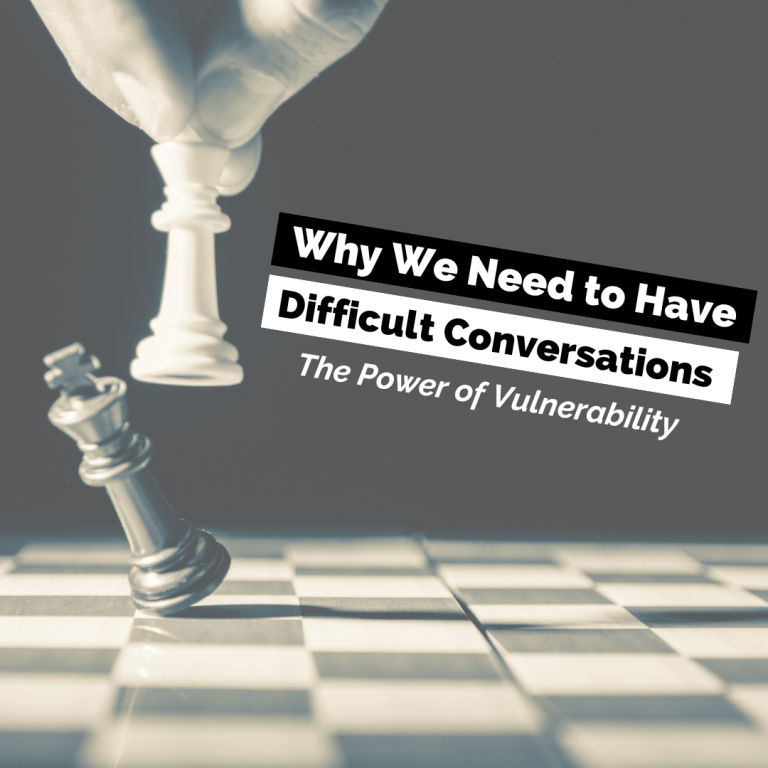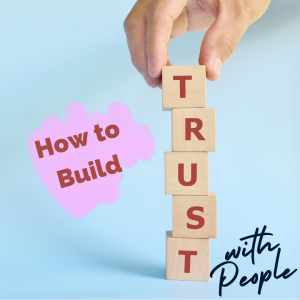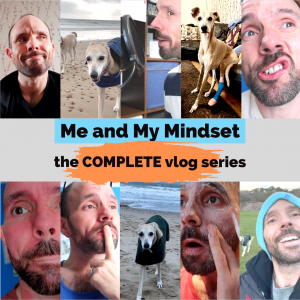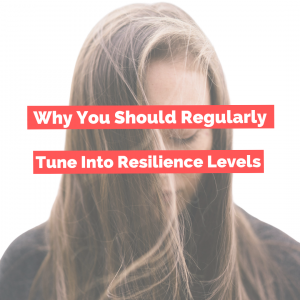Somewhere along the road, all of us will encounter moments that test our resilience, challenge our beliefs and push us beyond our comfort zones. Among these moments are the difficult conversations that so many of us shy away from.
We fear discomfort, conflict or rejection, yet it’s precisely these types of difficult conversations that hold the key to our personal growth, emotional wellbeing and interpersonal relationships.
Why do we need to have difficult conversations?
The answer lies in the transformative power of vulnerability. When we open ourselves up to uncomfortable discussions, we create space for honesty, authenticity, and empathy to flourish. Here are some compelling reasons why embracing difficult conversations is essential for our wellbeing:
1. Authentic Connections
Difficult conversations pave the way for authentic connections with others. By expressing our true thoughts, feelings, and concerns, we invite others to do the same, fostering a deeper understanding and intimacy in our relationships. Authenticity strengthens bonds, cultivates trust and enriches the quality of our interactions, leading to more meaningful connections.
2. Emotional Resilience
Engaging in difficult conversations builds emotional resilience, enabling us to navigate through challenging situations with grace and strength. By confronting uncomfortable truths and addressing conflicts head-on, we develop the courage and resilience to withstand adversity, bounce back from setbacks and grow from our experiences. Instead of avoiding discomfort, we learn to embrace it as an opportunity for growth and self-discovery.
3. Personal Growth
Difficult conversations serve as catalysts for personal growth and self-awareness. When we confront difficult truths about ourselves or others, we embark on a journey of self-reflection and introspection. Through introspective dialogue, we can gain valuable insights into our strengths, weaknesses, and areas for improvement, empowering us to evolve into the best versions of ourselves. Embracing discomfort becomes a stepping stone towards self-actualisation and continuous personal development.
4. Conflict Resolution
Avoiding difficult conversations only exacerbates underlying tensions and conflicts, ultimately hindering our ability to find resolution and closure. By addressing issues openly and constructively, we create opportunities for mutual understanding, compromise, and reconciliation. Difficult conversations provide a platform for conflict resolution, allowing us to mend broken relationships, heal emotional wounds and foster harmony in our personal and professional lives.
Download my ten point plan to build your resilience now
5. Enhanced Communication Skills
Engaging in difficult conversations hones our communication skills, equipping us with the tools to express ourselves effectively and assertively. Through active listening, empathy, and assertive communication, we learn to navigate through sensitive topics with clarity, compassion, and respect. As we develop these essential communication skills, we become better equipped to navigate through life’s challenges, building stronger relationships along the way.
6. Mental Health Benefits
Embracing difficult conversations has profound mental health benefits, relieving us of the emotional burden of unspoken thoughts and unresolved conflicts. By expressing our feelings openly and authentically, we release pent-up emotions, alleviate stress and grow our emotional wellbeing. Difficult conversations allow us to process complex emotions, gain perspective and ultimately experience a heightened level of inner peace.
7. Empathy and Understanding
Difficult conversations foster empathy and understanding, bridging the gap between different perspectives and experiences. By actively listening to others’ viewpoints and validating their emotions, we cultivate empathy, compassion and tolerance. Through empathetic dialogue, we help ourselves and those around us to being transcending the barriers of judgment and prejudice, fostering inclusivity, diversity and mutual respect in our interactions.
Embracing the Discomfort
In a world that often glorifies comfort and convenience, we must still keep in mind the transformative power that can come from discomfort. Difficult conversations may be challenging, but they are also catalysts for growth, healing and connection. By embracing vulnerability, we open ourselves up to a world of possibilities, where difficult conversations become opportunities for learning, understanding and collaborating.
So, why do we need to have difficult conversations? Because they are one of the key opportunities in how we can forge deeper connections, develop our resilience reserves and learn more about ourselves to increase self-awareness.
If you are looking for some more help on how to approach your next difficult conversation, take a look at the short video below.








